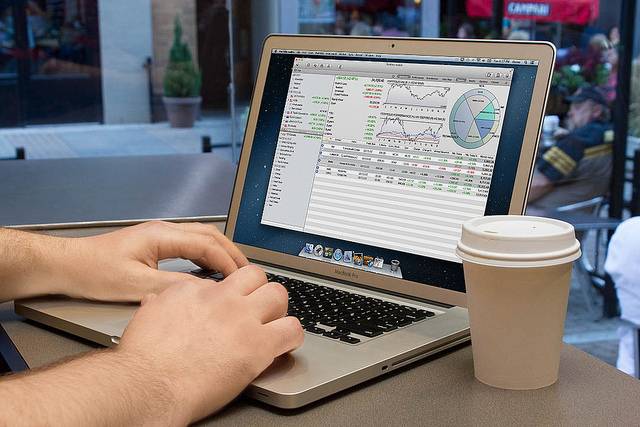
Of all the choices available to the prospective trader – whatever his/her preferred platforms – the decision between day and swing trading strategies are one of the simplest. In this article, we’ll explore the meaning of these two terms and discuss the differences between the techniques, helping you to decide on the approach that best suits your own circumstances.
Day Trading
Day trading term refers to a speculative technique that sees undertaking the acquisition and sale of their chosen securities within the same day. It’s a fast-paced approach, and one that generally incurs little to no margin interest, as the securities in question are not held overnight. This particular approach requires focus and split-second decision making, as it relies on the compounding of profits from numerous transactions. Those who employ this strategy need to be active and capable of undertaking multiple investments in quick succession.
Swing Trading
Swing trading strategies are a little more long-term. They can involve either short selling or the full purchase of any security, and those who use this technique tend to retain the assets in question for several days – selling at a later date for maximum return. Those who prefer the swing approach tend to follow the longer-term price changes of particular assets or securities in order to sell them when they have attained higher value. This could be days or even weeks after the initial transaction is made. Swing traders tend to sell before they enter into the realm of buy and hold, which is a more long-term strategy that may see securities retained for several months or years.
Claim up to $26,000 per W2 Employee
- Billions of dollars in funding available
- Funds are available to U.S. Businesses NOW
- This is not a loan. These tax credits do not need to be repaid
Which is Best for Me?
In terms of the capacity of each strategy to help you achieve significant profits, there is very little difference between the two. The best way to choose between swing trading vs day trading is to consider your own lifestyle and capabilities. The main difference is that of timing. Day trading is only possible within the opening and closing hours of the market day. Most individuals who follow this approach spend around two hours every day actively pursuing transactions, but the preparation involved is likely to add an additional two hours on top. Swing trading, on the other hand, tends to require less time per day – often less than an hour – as the approach does not generally involve sticking to particular windows in order to complete all transactions by closing time. Paying attention to details will pay off. Invest enough time learning and building your strategy, which must fit your daily routine and personal goals. As a recommendation, you can follow The Stock Dork as an invaluable source of knowledge and insight.
As a swing trader, you may only need to seek out new investment opportunities once per week. Your starting account balance may also affect your decision regarding the type of strategy you plan to use. Day trading tends to require more funds than swing trading to begin with, despite the potential returns being similar. Both approaches are accepted in a variety of sectors so you can choose between the two whether you prefer stocks and shares, futures market or forex. Both day and swing strategies provide exciting opportunities to make significant profits, so your decision to pursue one or the other should be made based on which is the more sustainable for you. After all, to be able to keep investing long-term, you need an approach that fits in with your lifestyle.



